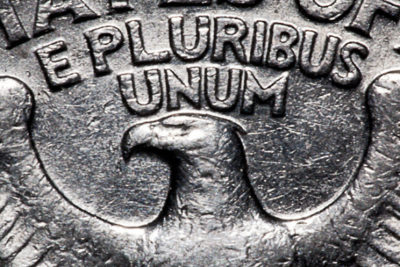Last week I did a series of lessons on “argumentation in reading.” I told my student that I analyzed their STAR reading test data and found their lowest subcategory was in this particular area. However, I confessed to them, I wasn’t sure what the phrase meant. I mean, I teach them argumentation in writing, along with informal logic and fallacies of reasoning, but what was argumentation in reading?
I told them the story of how I investigated my question all the way up to the national STAR testing organization. They replied with their definition and sample test questions.
I shared the results of my research with my class, “You know how I teach you how to use good, logical, well-reasoned arguments in your writing? And how I teach you to use evidence to back up your reasoning? This STAR business is different. When they say ‘argumentation in reading,’ they are talking about bad argumentation. Not using evidence. Appealing strictly to emotion. Manipulating audiences.”
For the next couple of days, I defined terms and showed examples from print advertising and from commercials. Several times I mentioned that they could find examples of this kind of bad argumentation in other places—political speeches, letters to the editor, editorials on the opinion pages. As I wrapped up the final presentation, I quipped that I was just showing them the more entertaining examples of argumentation in reading instead of also pulling in political speeches and the rest.
One of my boys said, “Maybe that’s a good thing, to avoid sharing anything political.”
Maybe I can get away with something from 164 years ago.
The American Party was prominent in United States politics from the late 1840s through the 1850s. More commonly known as the Know-Nothing Party, its members formed a secretive group, answering questions about their beliefs with the phrase, “I know nothing,” which is where they got their more popular name. Most members were white middle class or working class men who strongly opposed immigrants, especially Catholics. Earlier waves of immigration to American had been strongly English-speaking and Protestant, but by the early 1800s people began to arrive from Germany and Ireland, upending cultural expectations and stirring up resentment and fear.
How did Lincoln react to the Know-Nothings? In a letter written to Joshua Speed in 1855 he said,
I am not a Know-Nothing. That is certain. How could I be? How can any one who abhors the oppression of negroes, be in favor of degrading classes of white people? Our progress in degeneracy appears to me to be pretty rapid. As a nation, we begin by declaring that “all men are created equal.” We now practically read it “all men are created equal, except negroes.” When the Know-Nothings get control, it will read “all men are created equal, except negroes, and foreigners, and catholics.” When it comes to this I should prefer emigrating to some country where they make no pretence of loving liberty—to Russia, for instance, where despotism can be taken pure, and without the base alloy of hypocracy.
In the middle of the Civil War, at the national convention that nominated Lincoln for reelection, the committee members noted his justice and protection to all men employed in the Union armies “without regard to distinction of color” as well as his liberal and just encouragement of foreign immigration to “this nation, the asylum of the oppressed of all nations.”

Lincoln believed in our national motto, E Pluribus Unum—Out of Many, One.
What do you think? For Presidents’ Day, do you suppose I can get away with talking about how Lincoln supported immigrants from all nations?
I did share the history of the Know Nothing Party and their beliefs as well as the Lincoln quote with my class (along with some explanations of terms).
I told them in honor of Presidents Day I wanted to show them something Lincoln said. I added that often we read things he said about slavery, but I thought they would be interested in something he had to say about a different issue.
Some students in the class watch the news and noticed that the quote might be considered timely. Most of them just thought it was another interesting insight into the time before the Civil War.
Hi Jan,
My blog this month has a similar theme as yours. Life is full of such synchronicity! Now I am curios what you think my answer would be to the question you posed at the end of your blog based on what I wrote…
Thanks for sharing your writing,
Gretchen